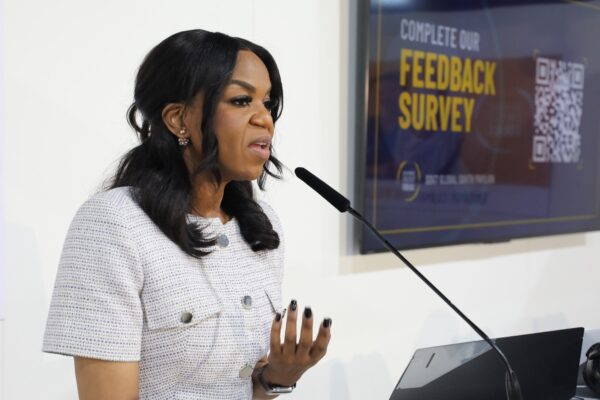
Breaking down barriers: Increasing equitable adoption of 24/7 carbon-free energy at COP29 and beyond
Now is the time to break down regional barriers and accelerate the global transition to carbon-free energy

Now is the time to break down regional barriers and accelerate the global transition to carbon-free energy
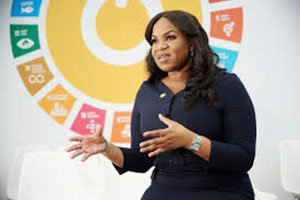
Ogunbiyi responded to the TIME100 honour, sharing that the recognition reflects the commitment of her team and supporters worldwide.
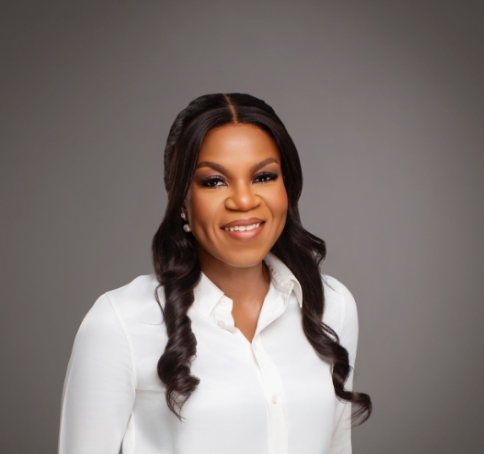
Ms. Ogunbiyi becomes the first CEO to be renewed for a second five-year term reflecting tremendous results and impact under her leadership

Availability and affordability are the two major barriers preventing people from gaining access to modern energy services. Millions of people live in places that are disconnected from electricity grids where off-grid solutions are not yet available to them. Millions more might be able to access electricity or clean cooking solutions, but the price of doing so is beyond their means.
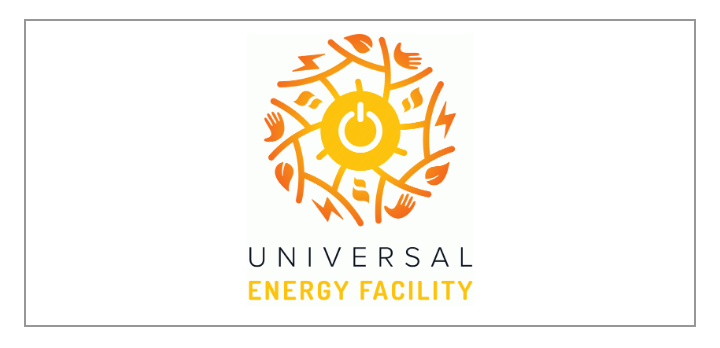
This is an important milestone in the history of the Universal Energy Facility,” said Damilola Ogunbiyi, CEO and Special Representative of the UN Secretary-General for Sustainable Energy for All and Co-Chair of UN-Energy.
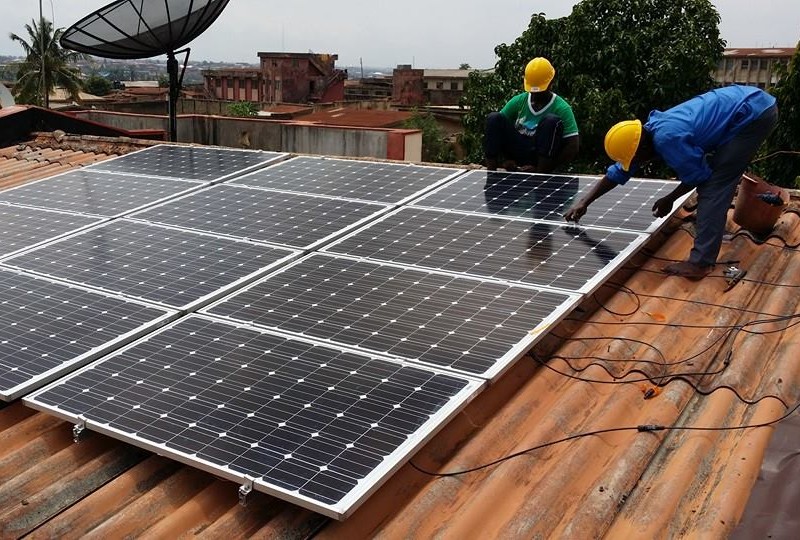
The DART programme aims to accelerate the growth of the renewable energy sector in Nigeria and beyond by combining demand pooling and aggregated purchasing of solar equipment, access to affordable finance and coordinated logistics processes to unlock economies of scale for solar companies and achieve cost savings for end users.

Investigations revealed that Sale Mamman, shortly after he assumed office in August 2019 courted many controversies and stepped on toes.
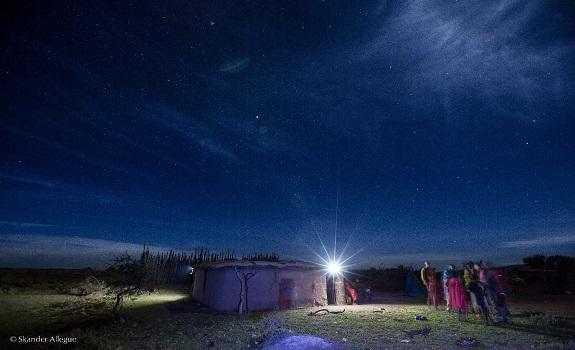
Recognizing the urgent need for action, leaders from the United Nations, the private sector, national and local governments, youth and other organizations issued a joint call today for countries, businesses, cities and civil society groups to put forward their “Energy Compacts” to show how they will achieve the goal of clean, affordable energy for all by 2030 (SDG7) and net-zero emissions by 2050.
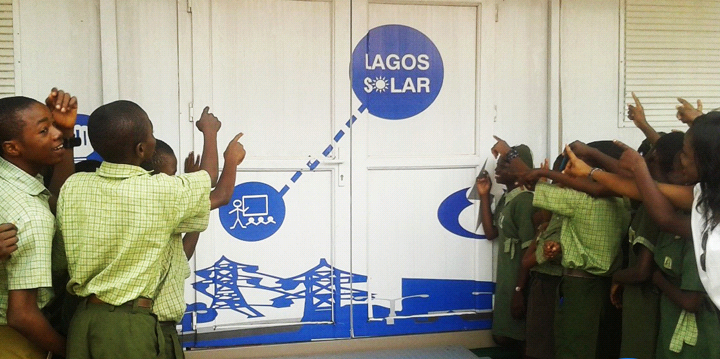
Five million Nigerians and counting; millions of small businesses switching off dirty generators; industry, schools, universities and health clinics with stable power – all because they finally have access to affordable, reliable off-grid solar energy. And will continue to, because commercial suppliers and investors have built a long-term market, proving the case for off-grid solar that the government now actively supports.
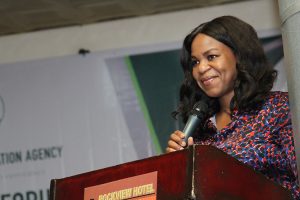
Looking back over my first year leading Sustainable Energy for All (SEforALL), it has been a year full of surprises, unprecedented challenges and proud achievements.